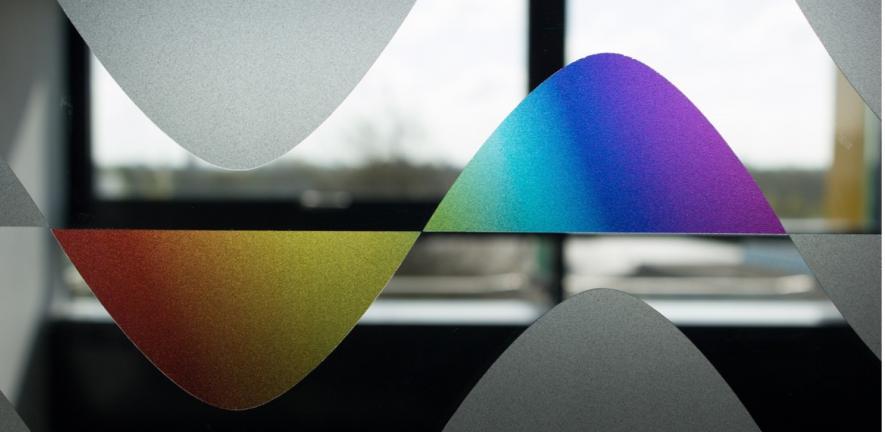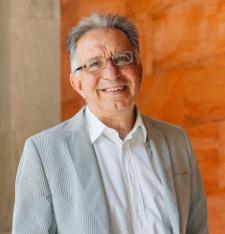
Submitted by Gregg Baldwin on Tue, 11/05/2021 - 14:42
The Gianna Angelopoulos Programme for Science Technology and Innovation (GAPSTI) has launched two initiatives to mark the bicentenary of Greece's independence: The Greece 2021 Mathematical Legacy Programme and the Greece 2021 Next Generation Modelling Programme collectively known as GAPSTI@Greece2021.
Detailed activities for both programmes are yet to be announced but both will focus on delivering collaborative projects resulting in tangible economic and societal benefits in fields such as precision medicine, clean energy and astrophysics. The University of Cambridge will work with institutions in Greece, including The Academy of Athens, The National Technical University of Athens, and FORTH, on a range of activities from joint research projects, researcher exchanges, jointly-supervised doctoral training programmes, and technology transfer.
The Greece 2021 Mathematical Legacy Programme will be led by Professor Thanasis Fokas, Professor of Nonlinear Mathematical Science in the Department of Applied Mathematics and Theoretical Physics (DAMTP) at Cambridge University. Pre-eminent in his field and with a global reputation, Professor Fokas will direct delivery of a range of projects to be revealed later this year.
GAPSTI@Greece2021 was proposed in response to a call for proposals from the Greece 2021 Committee, the organisation charged with delivering the celebrations to mark the bicentenary. On issuing the call, the Committee emphasised that proposals should focus on innovation and sustainable results, both aims which are aligned with those of The Gianna Angelopoulos Programme for Science Technology and Innovation.
GAPSTI, launched in 2019, is funded by Gianna Angelopoulos-Daskalaki, the Greek businesswoman and philanthropist, and is based at the Maxwell Centre of the Department of Physics (Cavendish Laboratory.) It is "… an internationally unique ecosystem of training, research and entrepreneurial activity which supports the production of high-impact disruptive technologies through a comprehensive programme of world-leading research." The intention is to support and enhance the development of talented early-career researchers and innovative projects through to commercial implementation. Its structured training and research programmes are reinforced by partnerships with industry and assisted entrepreneurial activity.
Most recently, GAPSTI has announced it is co-funding a partnership between technology startup, Quaise Energy Inc and Laboratory for Scientific Computing (LabSC - a research group within the Department of Physics at Cambridge University) to develop deep-drilling processes using millimetre waves to access geothermal heat deep underground.
A strand of the programme, Impact for Greece, specifically targets Greek academics and industry to foster ongoing, mutually-beneficial partnerships between educational establishments and the nations at large.
For more information, visit The Gianna Angelopoulos Programme for Science Technology and Innovation wesbite.
All images courtesy of The Gianna Angelopoulos Programme for Science Technology and Innovation (GAPSTI) website.



